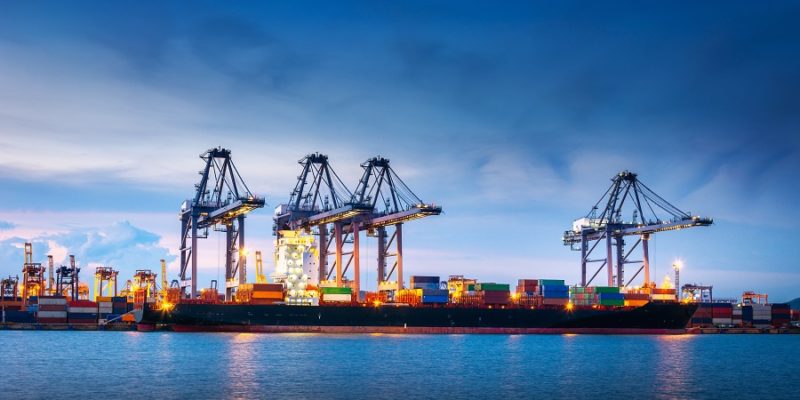Informal Employment, New Forms of Work and Enforcement of Labour Rights
In cooperation with the Delegation of the Emilia Romagna Region to the European Union, the Marco Biagi Foundation (University of Modena) organized a conference on “Employment and Jobs beyond 2020: Challenges and Perspectives for the European Union” in Brussels on 10 October 2019. In my presentation, I was invited to focus on “Informal employment”. The…









